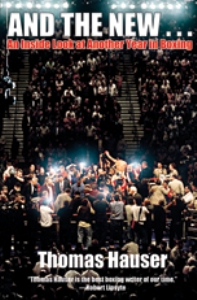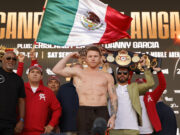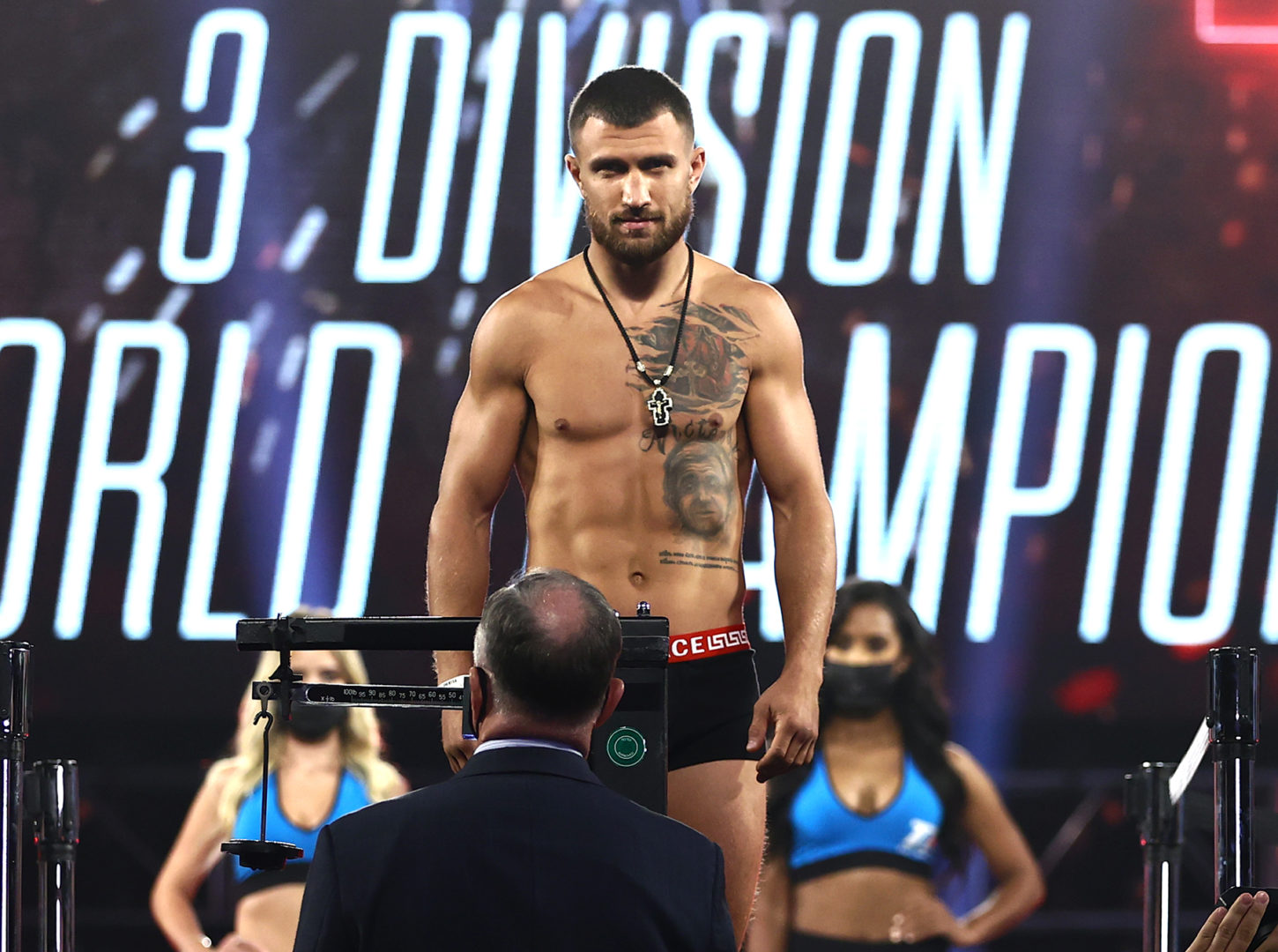
The best writing in Thomas Hauser’s new collection, “And the New . . .” (The University of Arkansas Press; $24.95), barely treats boxing at all. Hauser’s best writing, instead, comes in his book’s final piece, “Elvis (and Ali),” and concerns itself with the ruinous effect celebrity, and what brings celebrity, visits on the lives of exceptionally gifted Americans.
Hauser evidently set out to write about Elvis Presley, but because Hauser is a writer, because he discovers a subject during its writing and not necessarily before, he found in his treatment of Presley a unique metaphor and parallel with Muhammad Ali: Both men were shorn – of hair in Presley’s case, of the heavyweight championship in Ali’s – by the establishment, and then softened in exile, their sharpest edges grinded on, before being permitted to return as icons. Presley was not the same force after his time in the Army, and Ali was not the same force after refusing induction.
“And they were so good when they were young,” Hauser wistfully concludes about those two Americans on the final page of his latest book.
At 235 pages, “And the New . . .” is the shortest of Hauser’s recent collections about boxing. It is more digestible. There is little missing from the 80 or so pages not in this book. Any boy who is eight years old today and just hearing about this sport of ours, a boy who in 10 years will be an adult who visits a bookstore to learn about boxing generally and what happened in 2011 specifically, will find as apt a summary of the year in this Hauser collection as another.
The likelihood, though, is that no one who reaches adulthood in 2022 will have a bookstore to visit. If you’ve been in a Barnes & Noble lately you already sense it; the last of our country’s largest booksellers is a Starbucks sharing floorspace with Toys “R” Us and Sam Goody, with an airy attic of books whose covers sparkle with raised print. Hauser and his work stand athwart this movement because it is exceedingly important to Hauser that whatever he writes make its way onto paper, a medium of endurance for a few millennia now.
“And the New . . .” is a more optimistic book than Hauser’s last collection, “Winks and Daggers,” felt. If boxing is not in a more hopeful place today, it is at least in a place where sabotage is suspected less. Everyone is acting in a rapaciously self-interested way, business as usual, but there appears a modicum less cynicism now that the premium networks have had their little shakeups, with HBO Sports’ chief pursuing other opportunities, Showtime Sports’ leader replacing him, and a lawyer replacing him. To revisit some of the programming choices made in 2010 and 2011 by HBO is to wonder if there were not poison pills being sewn; if the network’s loyalty to certain fighters were not a means of subverting the next regime.
Ah yes, HBO – the subject for whose treatment Hauser is perhaps best known. No longer. In March, Hauser became a consultant for the network. Urgent criticism in our small community greeted this news, some of it in good faith, much of it not. The good-faith concern was this: HBO’s greatest critic is no longer free to criticize. That is indeed a loss. Calls for Hauser’s removal from the full-member rolls of the Boxing Writers Association of America went out and were heeded, showing, in a fine twist, that among writers, HBO is considered a promotional entity more than a journalistic one.
Touché. This decision on the part of the BWAA’s leadership, though, brought one terrible consequence: Hauser resigned from his post at the head of the BWAA membership committee, where he still retains a vote. Hauser is a writer first; he speaks the language of writing, cares about prose, and understands the rigors of rewriting in a way deadline reporters do not. Hauser’s motto of event coverage – not first but best – is authentically different from the wires’ or their editors’.
As head of the membership committee, Hauser combed the internet for good writing about our beloved sport, caring considerably more about what words he found on a page than what URL floated in the address bar above. Hauser reached out to otherwise unknown writers. He elevated our work. Because Hauser is a writer, he knows this: Only the words endure. Page views, Twitter followers, breakfasts with a promoter; all of that is ephemeral noise when set against a writer’s words.
“And the new . . .” has plenty of good writing, of course, and Hauser’s usual number of good choices. “It was as though someone had shoved a tennis ball beneath the skin and painted the entire area purple,” Hauser writes of a fighter’s countenance in “Rodriguez-Wolak: A Great Fight,” an unplanned piece he was moved to write after being ringside for Pawel Wolak and Delvin Rodriguez’s surprisingly excellent first match.
Much of Hauser’s event coverage treats Manny Pacquiao and the possible repercussions his move to Showtime would cause. It was a fling, we now know, and seismic only so much as it cost the leader of HBO Sports his job. But there is a strain in some of it; Hauser captures well the lugging that began 21 months ago when the announcement came that Pacquiao would fight Shane Mosley on Showtime. So desperate were we for change of some kind after 2010 that we squinted to find meaning that was not there, interrogating every press release like a poem by Hart Crane.
We’re in a better, more relaxed place now. No promoter today would schedule another midnight conference call about Pacquiao not-fighting Floyd Mayweather. No one would dial in if he did.
Bart Barry can be reached at bart.barrys.email (at) gmail.com





















